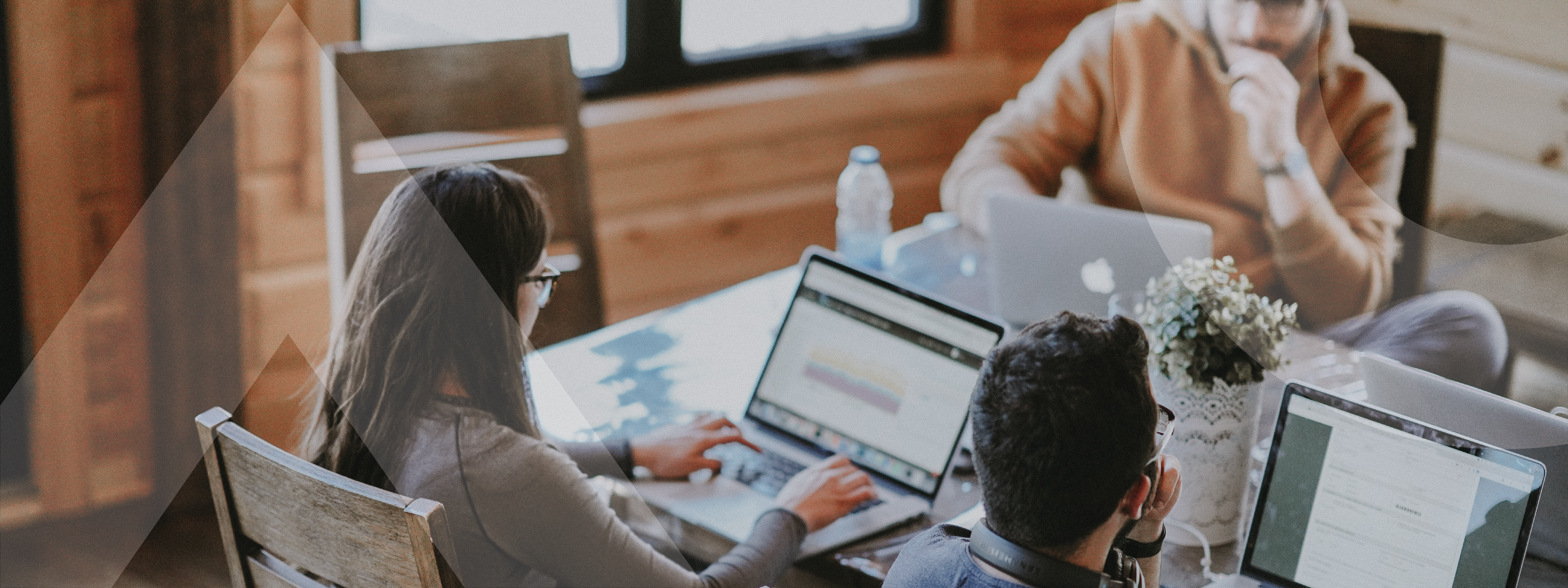Finding ways to redesign working life so it’s better for everyone.
As we emerge out of the pandemic, we have a real opportunity to re-set how we think about the future of work to better enable our talent to thrive and to significantly enhance business performance.
In March last year, we had just moved our agencies into one amazing Bankside location on the Southbank when suddenly lockdown happened, and we quickly became A-grade users of Microsoft Teams at home.
One year later, having experienced many benefits from remote working (I have never been less overtaken running around Tooting Common) but also increasingly aware of what we have lost without the collaborative, social interaction of the office, our ambition is even greater for how we can redesign working life to be more rewarding for everyone, to accelerate our ability to attract more diverse talent and to act as a stimulus for future growth as clients seek greater agency agility.
As we plan ahead, we must recognise that we have all had very different experiences of remote working. For every person craving a return to the office and tired of daily video marathons in the same room there will be others who have felt significant work-life balance improvements. For some there is also a sense of trepidation after so long out, not least around the commute.
Like many across the industry, we are looking at hybrid working models which combine time working remotely (at home, in clients etc) with the office – enabling flexibility of location to suit roles and tasks and maximising the unique benefits of each working environment across the flow of the week.
When we have run workshops and surveyed our teams, over 80% of our people are looking for some kind of blend. It will be essential to keep tracking that sentiment as numbers return to the office and a culture of ongoing experimentation, learning fast and willingness to adapt will be important.
The periods in between lockdowns when some ventured back to Bankside provided early clues to the challenges and vital dependencies for success with a hybrid approach.
The success of any hybrid, flexible model will rely on becoming far more purpose-driven and output focused with how we use our time, space and technology and for how we measure our success.
Flexibility will also require planning and focus around how time is being spent. Both personal and team schedules are important to map when face to face collaboration in the office is needed compared with individually focused tasks better suited to a home or quiet zone, headphones-on office environment.
Flexibility planning
One of our agencies has put forward proposals built around a 3:2 approach – with one day set for when each client team will be in the office, a second day when discipline experts from across client teams will be in the office, and a flexible third day depending on business needs and more cultural events each week.
The approach ensures there is designated time for teams to connect at least across two to three days in the week. It is an early example of a plan that would need testing, but the real point is the importance of planning with purpose. The net result should not only be more effective productivity but also greater control of personal life outside of work.
To create an office that is better designed for more collaboration-focused work, including our clients and our media owner partners, we will swap out some traditional desk configurations for more dedicated collaboration areas. And it will be important to introduce new ways for the office to offer what the home can’t.
Over lockdown, our seventh floor space at Bankside has been given the members club treatment [with a focus on inclusivity not exclusivity] to create a social environment for everyone to spend time in. It is well documented how time operating in remote working silos has negatively impacted mental health and so investing in social spaces to just spend time in together or work informally is a no-brainer.
Then there’s the all-important technology investments. Workflow tools will be mission critical to track progress regardless of physical location, share work, monitor productivity, and reduce meeting count. Our Omni platform is brilliantly placed to empower our teams to work in this way.
And when it comes to meetings, in a hybrid world, which is probably the biggest unknown, we are reviewing technology that creates a location agnostic experience so that if you are at home, with a client, in the room or out walking your new lockdown dog, it is a positive one.
Whatever the methods we eventually adopt, we have a big opportunity to also use our future working approach to accelerate our sustainability ambitions which will be a key talking point for the AA’s Ad Net Zero Steering Group this year.
When we evaluate how we are all doing one year from now, and the models that last the distance, we fundamentally have to judge progress by the quality of outputs and outcomes. If we are still enjoying regular story-time and setting personal bests around Tooting Common while growing our businesses, developing new capabilities for clients and attracting talent from new places, we are on the right track.
Dan Clays is the chief executive of Omnicom Media Group UK
Article originally published on Campaign.


